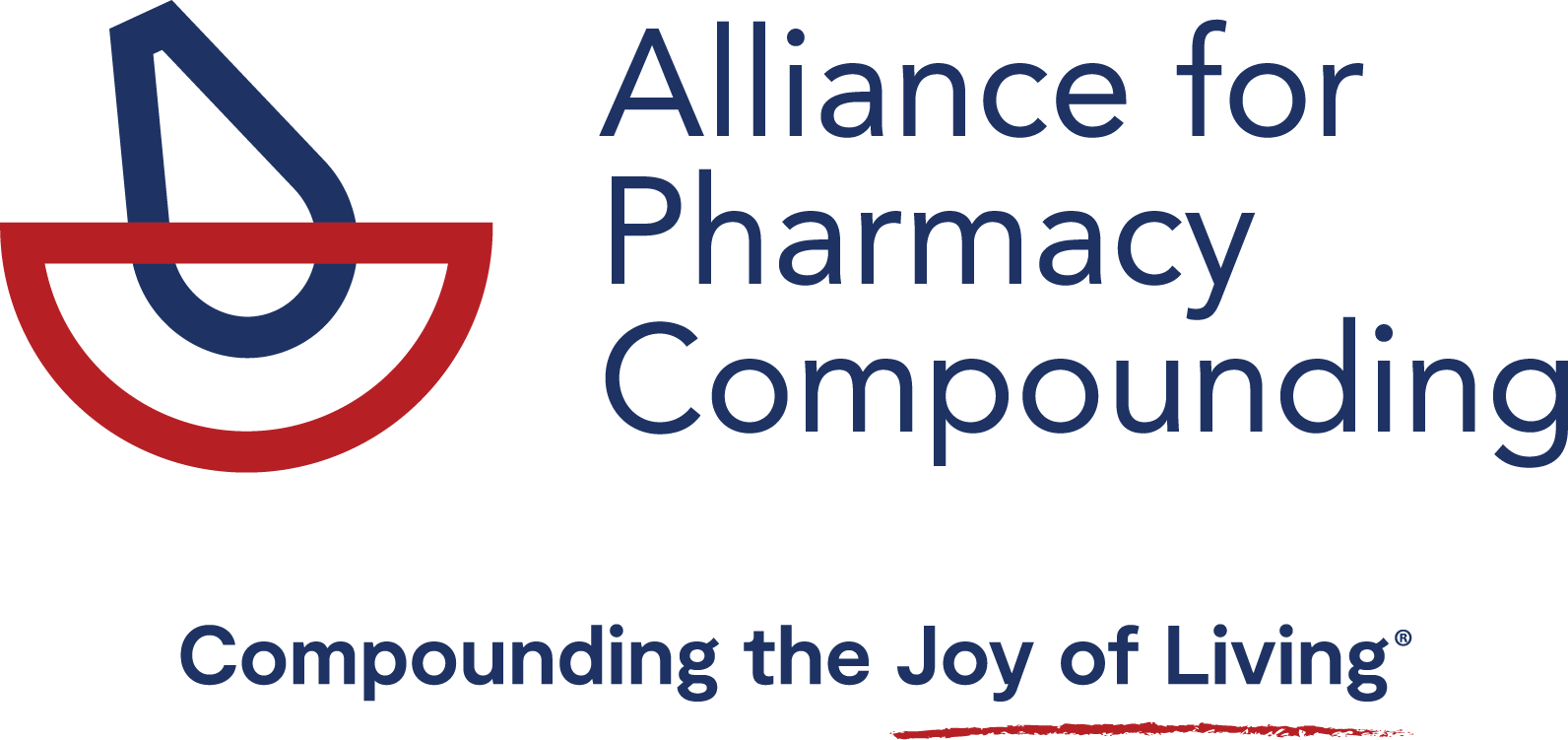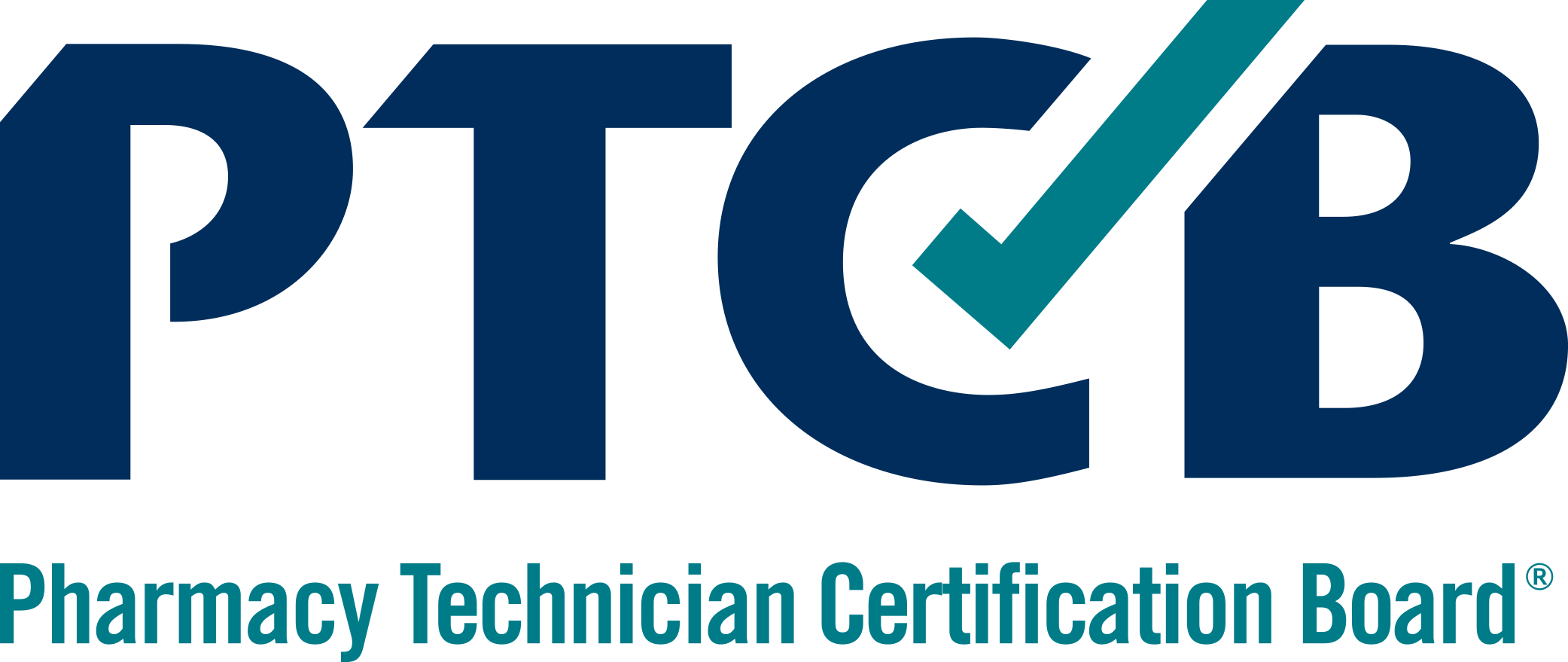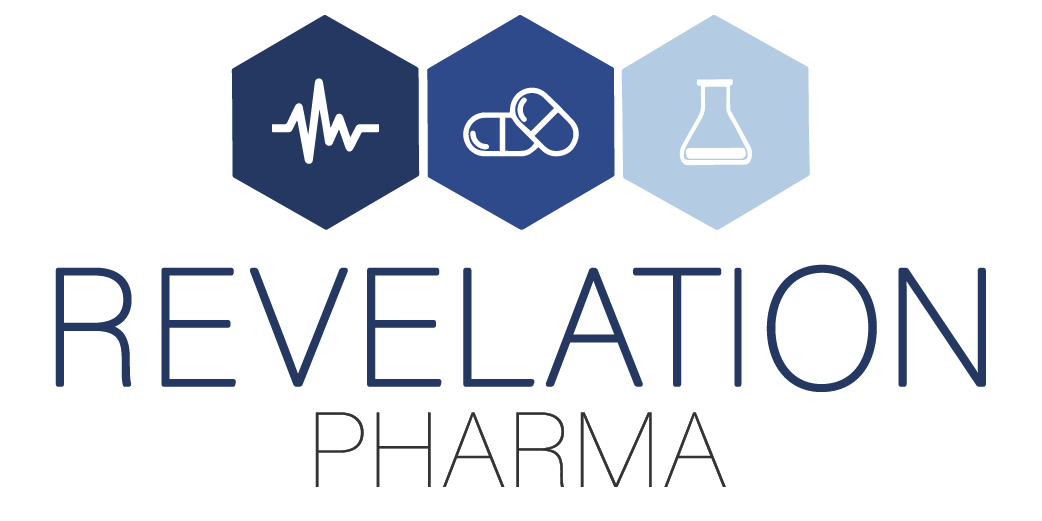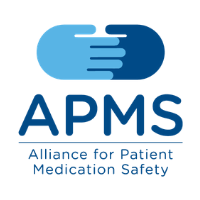July 19, 2024
FDA is concerned about compounded GLP-1 dosing errors
Earlier this week APC received a letter from the FDA explaining the agency’s concerns regarding dosing and patient usage of compounded semaglutide and tirzepatide.
The letter brings up an issue (actually three related issues) that have come up in the FDA’s analysis of reported adverse events related to compounded GLP-1s. We’re not talking about pop-up fake pharmacies — these were dispensed by state-licensed pharmacies.
- Prescribers of compounded GLP-1s started patients on doses that were approximately two to four times higher than the recommended starting doses.
- Compounded semaglutide products were prescribed to be administered twice a week instead of once weekly.
- Prescribers titrated the patients’ doses every one to two weeks instead of every four weeks.
Granted, the issues the FDA raised relate to prescribing errors, but obviously pharmacists have a critical role to play in counseling patients on dosing — especially in a day and age when some of those patients are getting guidance on their GLP-1 drugs from social media. As APC CEO Scott Brunner put it, “That’s just dangerous.”
“Pharmacists have an obligation when they see a dosing error in a prescription to contact the prescriber and alert them to the problem,” Brunner said. “And of course they can and should educate patients about proper dosing. Clearly that’s particularly important in these cases.”
In the next few weeks, APC will be issuing a guide to GLP-1 best practices that will provide more detailed information for compounding pharmacists. Until then, keep in mind those three issues the FDA outlined. Urge your patients to listen to your guidance, and even intervene with prescribers when possible.
As the final gatekeepers of patient health and safety, remember that it’s your duty to stand up and speak out.

























![Topi-CLICK a Division of TEAM Outlines[1]](https://a4pc.org/files/Topi-CLICK-a-Division-of-TEAM-Outlines1.png)







